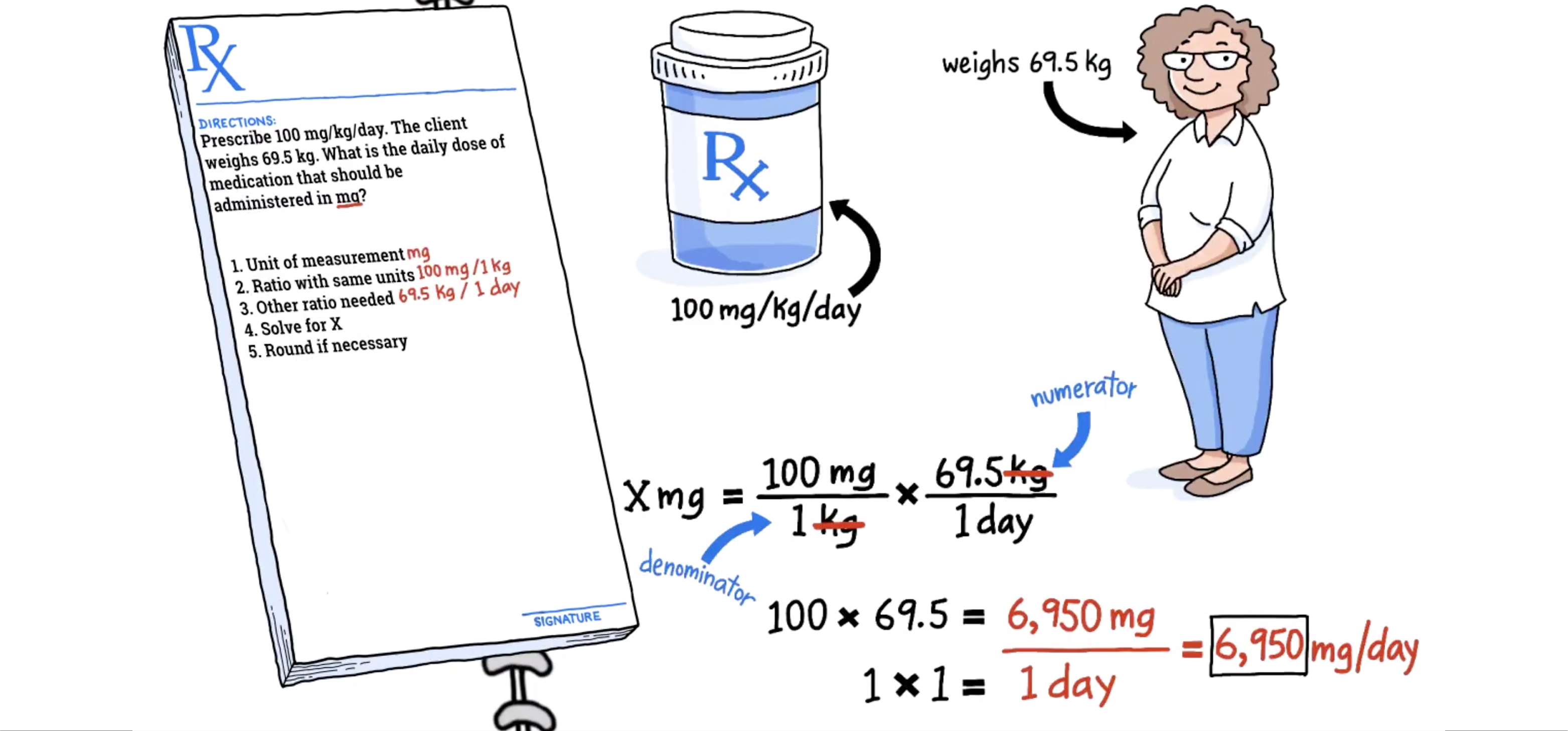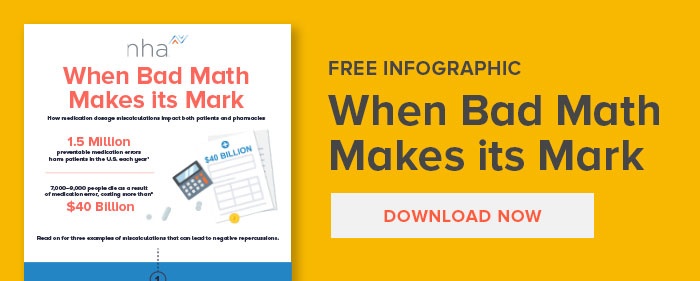“I’m no good with numbers.”
“I’m more of a language person.”
“Math just never clicked for me.”
As an educator, you’ve no doubt heard some variation of these from learners throughout your career. You might think of them as excuses; after all, nobody is born knowing how to do math. Some people pick it up more quickly than others, but with a bit of practice anyone can learn, right?
In theory, yes; however, a lot of learners do struggle to learn math. Not because they’re inherently bad at it (though that’s not unheard of), but because they suffer from math anxiety. Today, we’re going to take a look at what math anxiety is, how it impacts learners, and how educators can help their students overcome it.
Dyscalculia vs. Math Anxiety
It is possible for learners to suffer from dyscalculia, a form of dyslexia that makes it difficult to learn or comprehend arithmetic. Typical signs of dyscalculia include difficulty counting backwards, poor estimation skills, and weak mental arithmetic skills; that is, being able to add, subtract, multiply or divide without pen and paper.
If a student displays some of these signs, they may want to consider being tested for dyscalculia; however, only an estimated 3–6% of the population have this disorder, which means math anxiety is most likely to blame.
In the simplest terms, math anxiety is what it sounds like: anxiety about doing math. The official definition is “feelings of tension and anxiety that interfere with the manipulation of mathematical problems in a wide variety of ordinary and academic situations.” Most math anxiety starts at a young age, and if students aren’t given the tools to overcome math anxiety when they’re young, it can have a big impact later in life.
What Causes Math Anxiety?
Math doesn’t come naturally to most people; it needs to be taught. Believe it or not, the same applies to math anxiety: studies have shown that most math-anxious people develop their fear of math as a result of poor classroom experiences. A survey of math-anxious learners found that instructor behavior usually contributed to anxiety. These behaviors include:
- Communication or language barriers;
- An “uncaring” attitude from the instructor;
- The quality of instruction, and;
- Instructor’s dislike for the level of the class.
Additional studies support these findings: one study showed that a mere 7% of the students surveyed had only positive experiences in math classes from kindergarten through college. As a result, Tobias says, “[m]illions of adults are blocked from professional and technical job opportunities because they fear or perform poorly in mathematics.”
Pharmacy Technicians: Why Math Skills Matter
In some professions, like pharmacy technicians, for example—math anxiety can be the difference between success or failure in the learner’s chosen career path.
Math is a foundational part of a pharmacy technician’s job. Algebra skills are necessary for technicians who need to perform compounding as part of their job function. Converting liquid measurements to solid (and vice versa) is also a vital part of compounding, and technicians need to be comfortable performing those conversions in their heads and on the fly. When it comes to medication, it’s not enough for technicians to know the measurements—they also need to be able to perform the calculations to ensure the measurements are correct.
Even in pharmacies that don’t do compounding, technicians should be able to perform quick math in their heads for everything from inventory management to customer copays and insurance claims.
How You Can Help Your Students
Just as bad instruction can create math anxiety, good instruction can help keep it under control—or eliminate it entirely. To overcome math anxiety, math educator Bon Crowder says, the first step is to get rid of the negativity: if learners believe they’re bad at math, it becomes a self-fulfilling prophecy, which makes overcoming the anxiety almost impossible.
Talking to your students about their anxiety can also help them overcome it. Studies have shown that verbalizing their anxieties about math can help students “offload” them, clearing up the clutter in their brains so they can focus on the (math) problem at hand.
PharmaSeer Math™: A Powerful Solution
For pharmacy technicians, PharmaSeer Math™ can be a powerful learning resource. Using interactive learning modules, PharmaSeer Math helps current and future pharmacy technicians develop role-specific math skills that they can use on the job.
The learning modules are segmented by job function, which helps avoid information overload by focusing on one area at a time. PharmaSeer Math™ starts with the basics, then gradually builds upon those basics to develop a holistic and lasting knowledge base. And because everyone learns differently, PharmaSeer Math™ shows learners three different ways to perform calculations, allowing them to choose the method that works best for them.
As with most fears, math-anxious learners don’t fear math itself — they fear the idea of doing math. By utilizing these tips and applying helpful learning tools like PharmaSeer Math™, you can demystify math for learners and help them overcome those fears for good.






